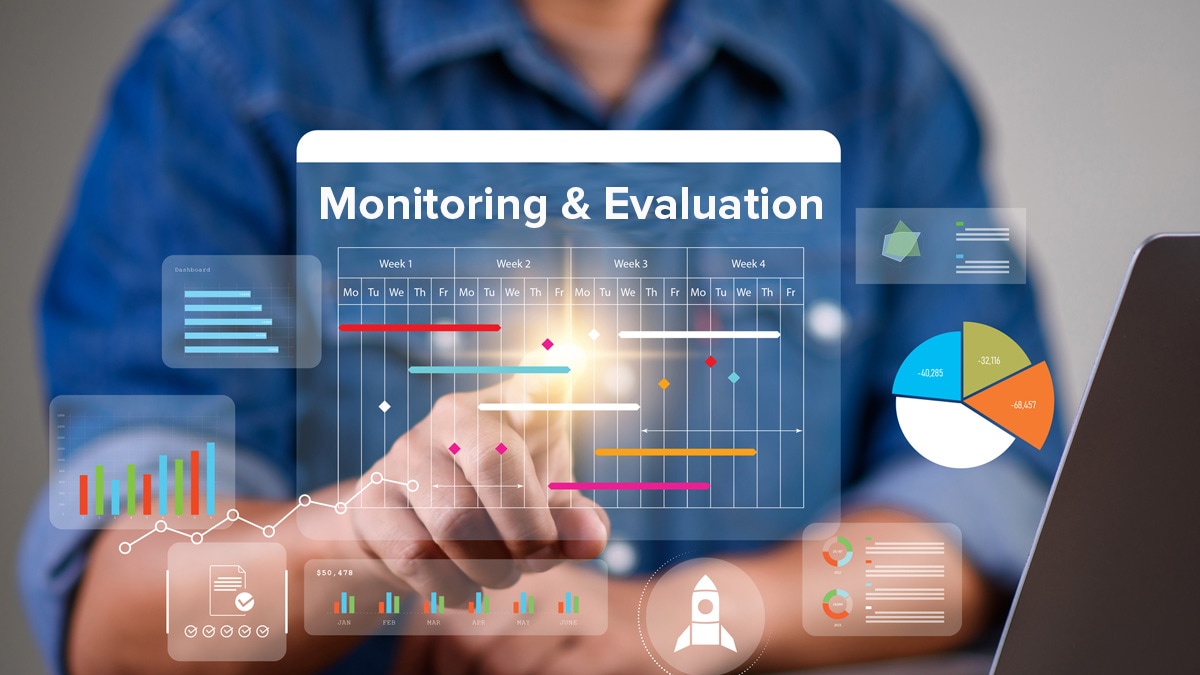At a glance
CDC collects, analyzes, and disseminates data on CDC-funded HIV testing and prevention activities, and client-level partner services activities reported by CDC-funded jurisdictions in the United States, Puerto Rico, and U.S. Virgin Islands. These data provide transparency and accountability for HIV funding to state and local jurisdictions and community-based organizations and help monitor progress towards achieving national HIV prevention goals.

About the data
Annual HIV testing data
HIV testing data are collected from 60 health departments (i.e., 50 states, the District of Columbia, Puerto Rico, the U.S. Virgin Islands, and 7 metropolitan areas, including Baltimore City, Chicago, Houston, Los Angeles, New York City, Philadelphia, and San Francisco) and 150 community-based organizations.
These data are used to assess the impact of CDC-funded HIV testing efforts, inform programmatic activities, and document the progress of programs toward local, state, and national HIV prevention goals.
Integrated HIV surveillance and prevention programs for health departments (PS18-1802)
CDC's flagship HIV prevention funding program (PS18-1802) supports state and local health departments to implement a comprehensive HIV surveillance and prevention program to prevent new HIV infections and achieve viral suppression among persons living with HIV.
CDC collects, analyzes, and summarizes client-level HIV testing program data submitted by 60 CDC-funded jurisdictions in the United States and two dependent areas (i.e., 50 states, the District of Columbia, Puerto Rico, the U.S. Virgin Islands, and 7 metropolitan areas, including Baltimore City, Chicago, Houston, Los Angeles, New York City, Philadelphia, and San Francisco).These data are used to assess the outcomes of CDC-funded HIV testing efforts; inform programmatic activities; and document the progress of programs toward local, state, and national HIV prevention goals.
HIV partner services data
HIV partner services are a broad array of services that are offered to persons with HIV and their sexual or drug injection partners. Partner services programs facilitate access to HIV prevention, care, and support services to persons with HIV and their partners.
CDC provides funding to state and local health departments to help implement partner services programs and achieve national goals. CDC collects, analyzes, and summarizes client-level partner services program data submitted by 60 CDC-funded jurisdictions in the United States and two dependent areas (i.e., 50 states, the District of Columbia, Puerto Rico, the U.S. Virgin Islands, and 7 metropolitan areas, including Baltimore City, Chicago, Houston, Los Angeles, New York City, Philadelphia, and San Francisco).
Current data releases
- CDC-Funded HIV Testing in the United States, Puerto Rico, and U.S. Virgin Islands, 2021 Annual HIV Testing Report
- PS18-1802 Integrated HIV Surveillance and Prevention Programs for Health Departments, 2021 Monitoring and Evaluation Report
- Delivery of HIV Partner Services in the United States and Dependent Areas, 2021
